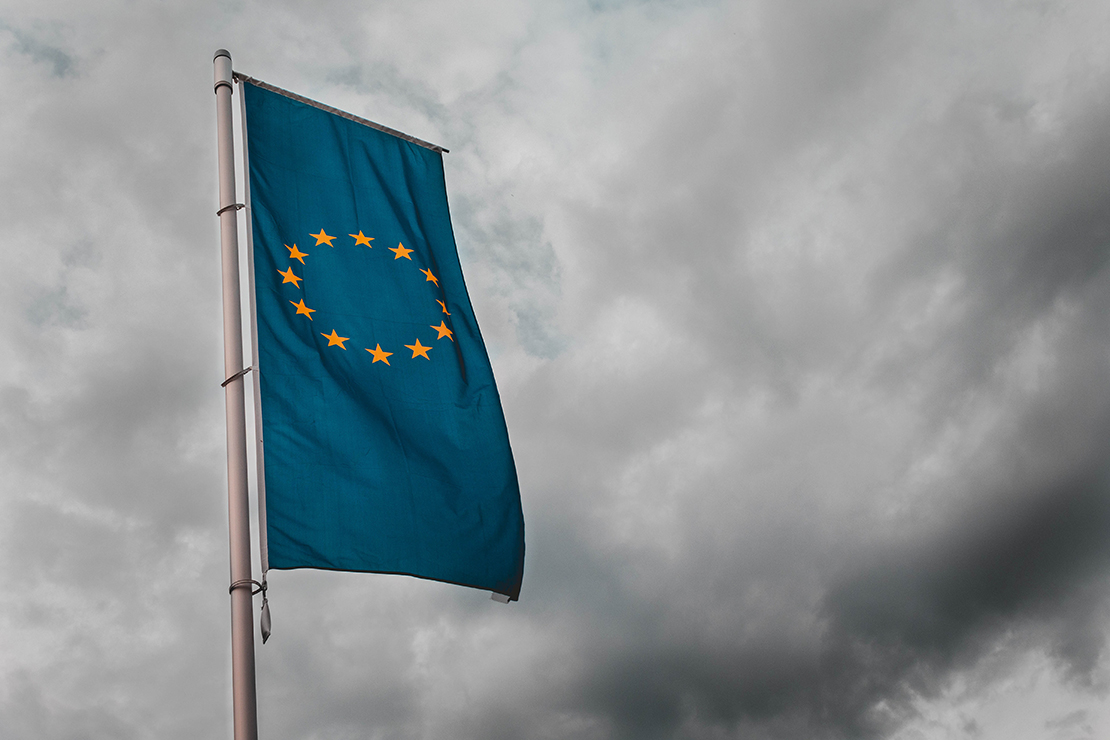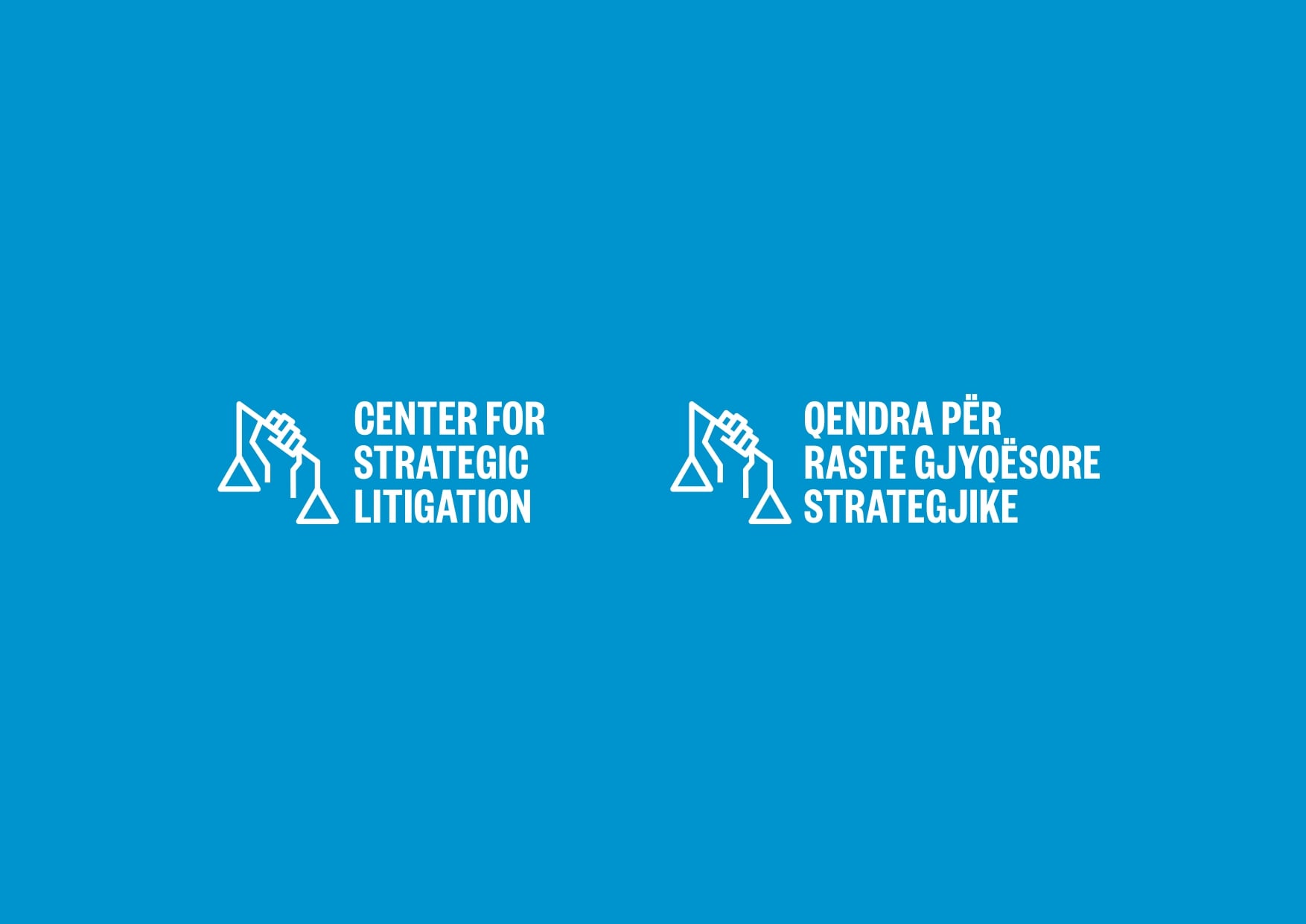How it started:
The discussion of the rule of law and human rights protection and promotion is part of a political, historical, economic and cultural context in Kosovo. While in one hand our national legal framework is considered to be in line with the European and other international instruments in broadly guarantying the protection of human rights, implementation on the other hand is often considered to be lacking and does not have the deserved attention in the institutional agenda. Taking this into account, it is of the utmost importance to have in place the mechanisms and instruments that draw attention to any act or inaction of the State institutions that impact the rule of law and the enjoyment of human rights as guaranteed by the national and international obligations embodies in the constitution, laws and conventions. One of the tools that proved to have an impact in national and international levels in this regard is strategic litigation. Different landmark cases at the national and international level have impacted important individual and collective rights, among others, on affirming accountability of Kosovar institutions for protecting citizens life, ending the discrimination on education for children with disabilities, and holding the Nigerian government and SHELL company to account over pollution in the Niger Delta. Building upon those successful initiatives, strategic litigation is starting off in Kosovo through the Center for Strategic Litigation (CSL). Through a careful selection and preparation of cases by a group of experts, CSL is litigating soon-to-be landmark cases with the purpose of preventing systemic human rights violations that affect a large scale of individuals and are of public interest. These cases that have in the center an individual person, resonate with the interest and lives of a much wider audience.
As a first of its kind in Kosovo, the CSL is empowered by the Group for Legal and Political Studies to use strategic litigation as a powerful tool for legal, political and social reform. Specifically, CSL focuses on cases where (i) public institutions in Kosovo, such as the administration and courts, have breached legal acts to the harm of many people, or (ii) cases when such legal acts have ambiguities or gaps which need to be regulated, or (iii) when public institutions misinterpret these legal acts, or do not implement them as they ought to, which has a negative effect towards many
How it’s going:
Every day at CSL we learn a great deal about the possibilities and limitations of our work and strategic litigation as an instrument. Being an unconventional and unfamiliar tool in Kosovo is often seen by the judiciary and the public with doubt. In this regard, one of the advantages of this initiative is the possibility to place issues in the public spotlight to raise the public awareness about these issues that need to be addressed, and to pressure responsible authorities to reach rightful decision and in due time. However, not every violation can, or should, handle by strategic litigation. Related to this, CSL within its mandate pushes for judicial control over enforcement of rights by the administration/government and improvement of the compliance of the national courts with the requirements of the European Court of Human Rights case law practice as required by the Kosovo Constitution. Our legal expertise is paired with the use of the media campaigns, advocacy, trainings and other instruments.
So far, our work focuses on environmental justice as one of the identified areas where violations are repeatedly reported. The initial purpose is to put on spotlight important issues such as: the obligation of the authorities to ensure citizen participation in the decision-making processes, the obligation of the authorities to comply with the transparency standards and access to official documents as required by the legislation and last but not least the obligation of the administration to implement the law as they ought to and not in an arbitrary manner. Cases as those of Hydropower Plants in Deçan and Shterpce have exposed all these issues to the public and have offered a reasoned view of the environmental protection importance, in opposition to the dominant political and corporate perspectives. Among others in the case of the Brezovica Hydropower Plant in Shterpce, CLS found violations such as the lack of a public debate notification, the denial of the fundamental right to drinking and irrigation water of the people, nature degradation and building inside the protected National Park Sharri. The case of Adventure Park in Gërmia has exposed the legal ambiguities or gaps of the Law on Nature Protection and the consequences these gaps can have. Similarly, to the other cases here as well the procedure which preceded the issuance of the decision was non-transparent and completely excluded the public from the decision-making. Additionally, the municipality acted outside of the authorizations given by the secondary legislation and in contradiction with the Law on Environmental Impact. In these cases, an important challenge has been to understand the role of the national authorities and international agencies or companies in implementing the laws and evaluating the cost benefit of these interventions in the environment.
Taking this into account, the CSL filed claims to the Prishtina Basic Court asking for annulment of these permits/decisions and postponement of their execution. In both cases, the court approved CSL’s requested to postpone the execution of the permit/decision until a final decision is reached in each case. The court considered that CSL has provided credible evidence proving that the execution of the permit/decision would result in irreparable damage and that the postponement is not contrary to the public interest. These court decisions are important because they serve as a preventive measure for the irreparable damage that could be caused by making the permit/decision of the respondent unusable until a final court decision is reached. Until now, cases have sparked public debate on the right to clean and drinkable water, nature protection, safe environment, and public participation in decision-making as fundamental rights. Moreover, these cases highlight the need to improve compliance of public institutions with the legislation of environmental protection and health protection in Kosovo. As these are pending cases appealed by the responded at the second instance court it remains to be seen what the future will unfold for these claims, but one thing is for sure that the seed of empowering communities to protect themselves and their essential resources has been planted.
What next?
The objective is to use strategic litigation as an instrument to reach broader and long-lasting change and to set important legal precedents, rather than just winning the cases at hand. Individual taking on a legal case as part of a strategy to achieve broader systemic change is challenging and it does not always end with the desired judicial result. However, the effect of strategic litigation, such as that of putting the issue in the public forum, can be significant, even if the case itself fails. This because a well-informed and demanding public will further advance the cause and push the authorities for a change. Additionally, it is an important tool so that the respect for human rights is not left at the mercy of institutional authorities, but legal instruments are used by organizations and citizens.
If you read this article and have a case where your rights were violated by public authorities, contact us here.
This initiative is supported by the Embassy of Sweden in Kosovo, through Community Development Fund (CDF), under the umbrella of the project “HumanRightivism”.
When is litigation strategic and how it started in Kosovo?

 Download PDF
03/06/2021
Download PDF
03/06/2021Share article
Related Espresso Insights
March 4, 2024
Espresso.Insights
Passport Hangover: What’s next after Spain’s Kosovo breakthrough?

January 16, 2023
Espresso.Insights
Recognized but not supported: Hungary's stance on Kosovo's EU bid

Latest Publications
April 24, 2024
Policy Analysis
Tracking Kosovo's Commitment: Monitoring Adherence to the Venice Commission Rule of Law Checklist in ...
April 8, 2024
Policy Analysis
Reflecting on the Third Year of Kurti II: Setbacks and Achievements in Rule of Law, Public Administr ...
March 22, 2024
Policy Analysis




